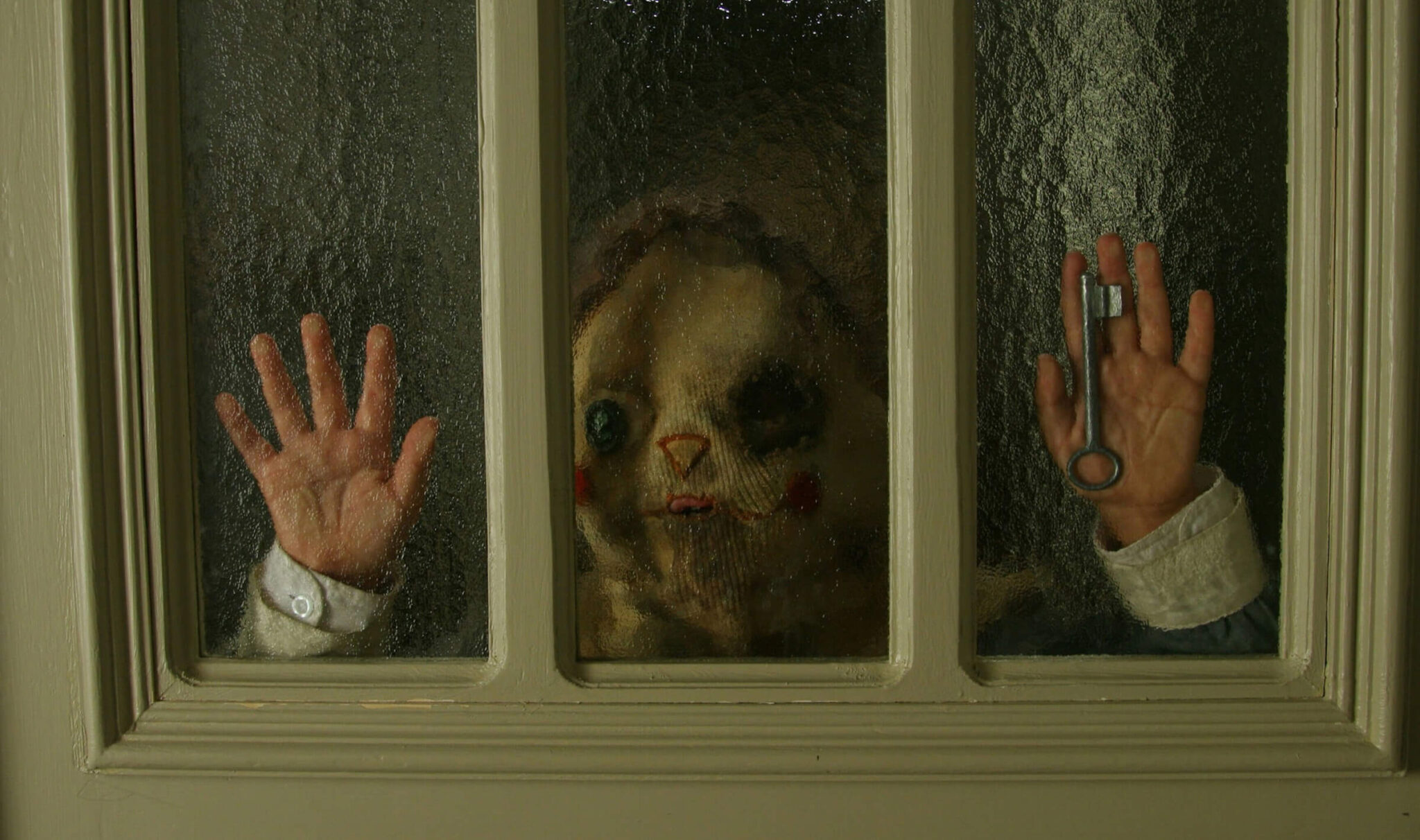Dead Poets Society’s Tom Schulman on How to Write an Oscar-Winning Drama

Tom Schulman has a screenwriting method that’s messy but gets results. The Nashville-born writer likes to spread months' worth of notes for a new project onto his floor, taking over the entire room, the walk amongst the scattered pieces of paper, looking for things that jump out to him. He then assembles them into piles of ideas that work, beginning to assemble both a thematic overview of his movie and what it might look like from scene to scene.
“That’s just what works for me,” Tom explains. “Once I have an idea for a new story, I’ll add and add thoughts as they come to me into a giant document. Then once I hit about a hundred pages, I lay everything out physically in front of me.”
It’s a method that worked wonders for him on the movie he’s known for: Dead Poets Society, the powerful school drama that saw him walk away with Best Screenplay at the 1989 Academy Awards.
Joining me recently on my podcast, Script Apart, in which great screenwriters revisit their first drafts of acclaimed movies, Tom detailed why surrounding yourself with your notes, rather than staring into the abyss of your computer screen, can give you a perspective on the story that unlocks all sorts of new creative approaches. And that wasn’t his only valuable piece of advice. Here are a few other lessons to be learned from the interview, which you can listen to in full below…
Channel Feelings, Not Facts
Dead Poets Society isn’t an autobiographical story, though elements of the plot overlap with Tom’s life. The screenwriter, just like the characters in his movie, went to an all-boys boarding school, where he was taught by an iconoclastic teacher, similar to the one famously played by the late, great Robin Williams. When it came to writing the film, Tom sought to dramatize the emotions of that time, if not his real-life experience of the school. “I could remember walking through those halls and seeing pictures of kids in the late 1800s, who except for their clothing looks exactly like this. [That gives you] this sense that you’re not as immortal as you feel,” recalls Tom, who took that feeling of dread at the idea of being ground down by expectation, and turned it into a timeless tale of rebellion and artistic desire.
Read More: 101 Riveting Drama Story Prompts
Don’t Over-Dramatize
In Tom’s first draft of Dead Poets Society, Professor Keating was dying of cancer. “I felt like I had to have a reason for his lust for life,” says Tom, who realized in later drafts that this subplot not only wasn’t needed – it went against the message of the movie. You don’t need to be dying to want to live to your fullest, the writer realized with the help of director Peter Weir. “At the end of the movies, the kids all stand on their desks for [Professor Keating],. I think it’s fairly easy for kids to stand up for someone who’s dying – regardless of what he’s taught them. When he’s not dying you know for sure they’re standing up for what he’s taught him.” As writers, often our instinct is to find the most dramatic version of a story – the one with the most heightened emotion, in which the most things are happening to our characters. Dead Poet Society’s knock-out ending was all the stronger for pulling back on this impulse and rewriting the film to show Keating as a man who simply cherishes life and all its pleasures.
 Al Horner is a London-based journalist, screenwriter and presenter. His work has appeared in The Guardian, Empire Magazine, GQ, BBC, Little White Lies, TIME Magazine and more.
Al Horner is a London-based journalist, screenwriter and presenter. His work has appeared in The Guardian, Empire Magazine, GQ, BBC, Little White Lies, TIME Magazine and more.
Get Our Screenwriting Newsletter!
Get weekly writing inspiration delivered to your inbox - including industry news, popular articles, and more!




























